
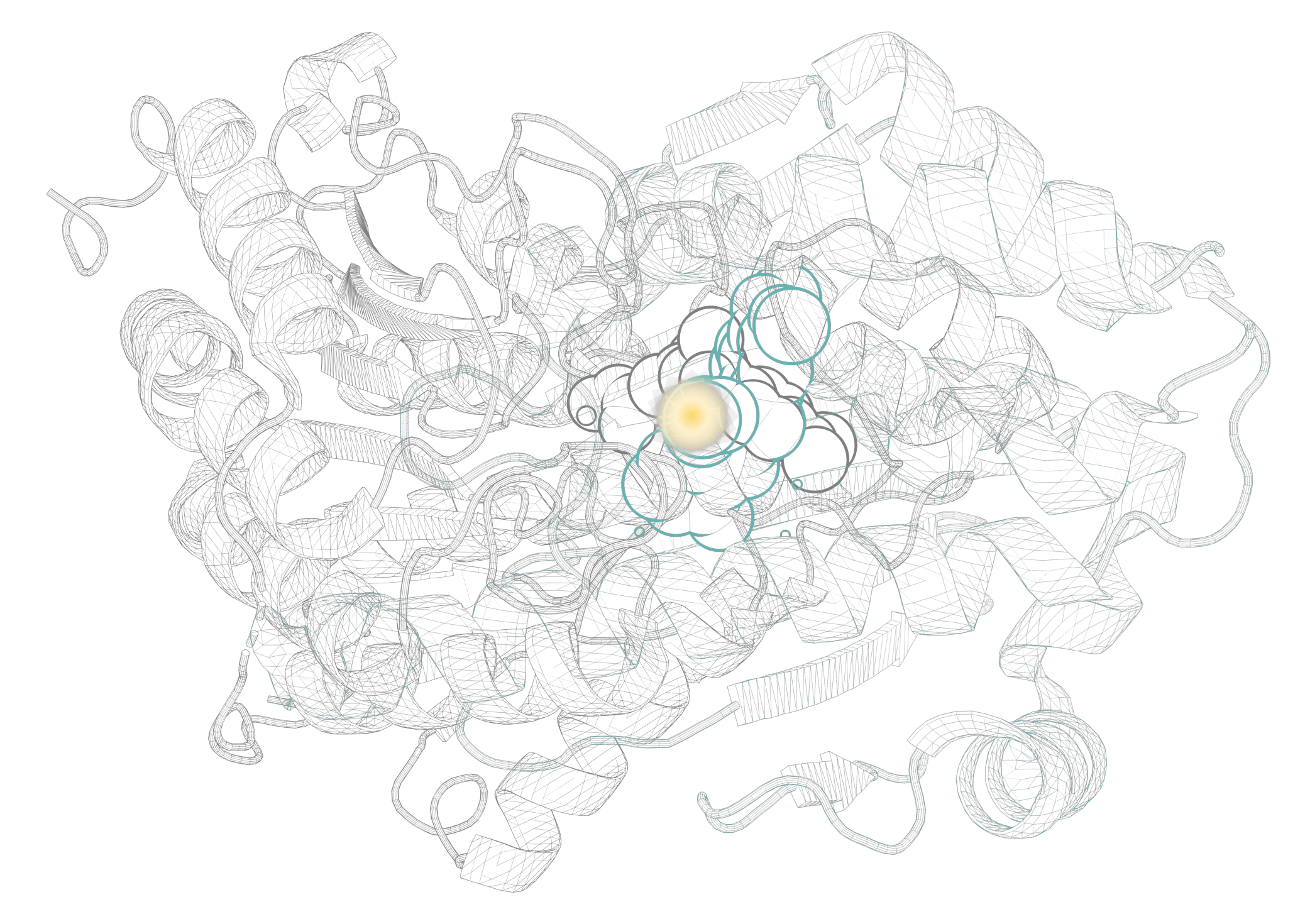
|
This project is focused on the design, synthesis and biological evaluation of dual inhibitors of HDAC6 and Hsp90 with favorable drug-like properties and activity against metastatic castrate-resistant prostate cancer . The project is supported by AIRC (Fondazione AIRC per la Ricerca sul Cancro) and PRIN (Progetti di Ricerca di Rilevante Interesse Nazionale 2022) grants. |
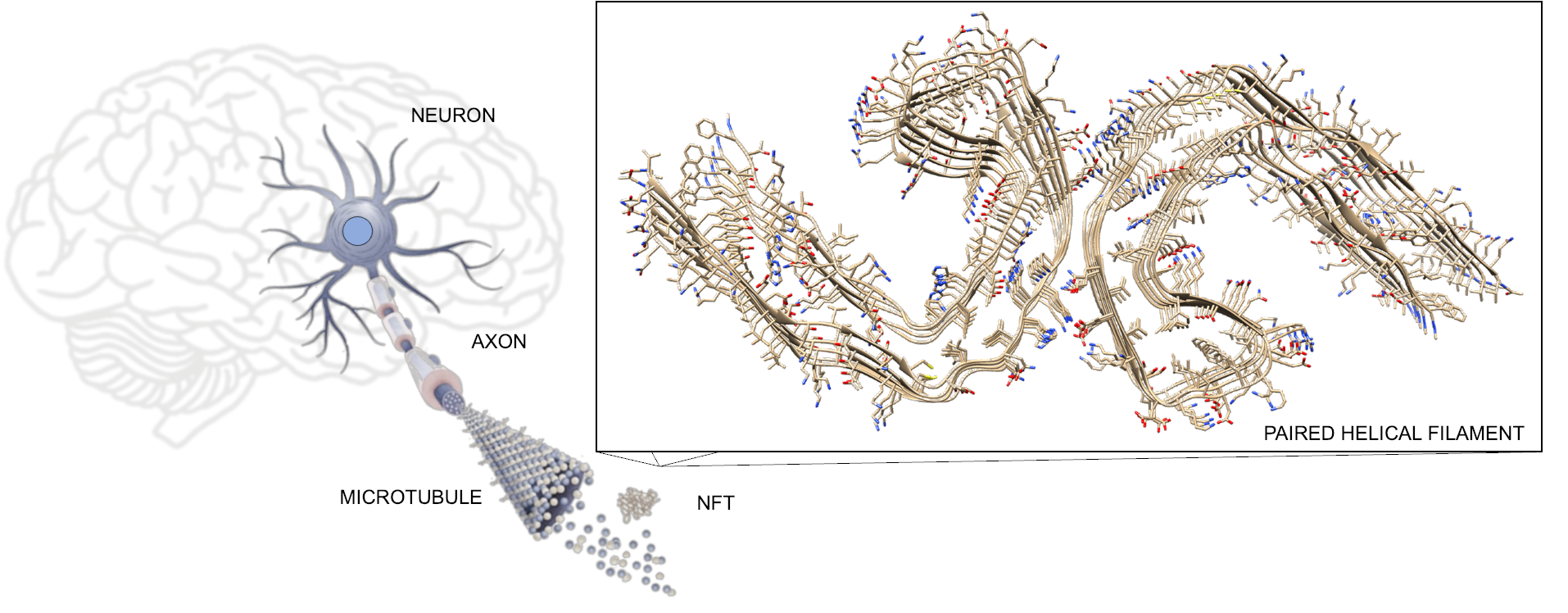
|
This project aims at discovering small-molecules able to inhibit the aggregation of Tau, co-responsible for the insurgence of more than twenty neurodegenerative diseases collectively named as Tauopathies. We are developing polypharmacological drug candidates that restore the physiological interaction of Tau with microtubules in neurons, while acting as multi-target compounds against other drug targets involved in Alzheimer’s disease. |
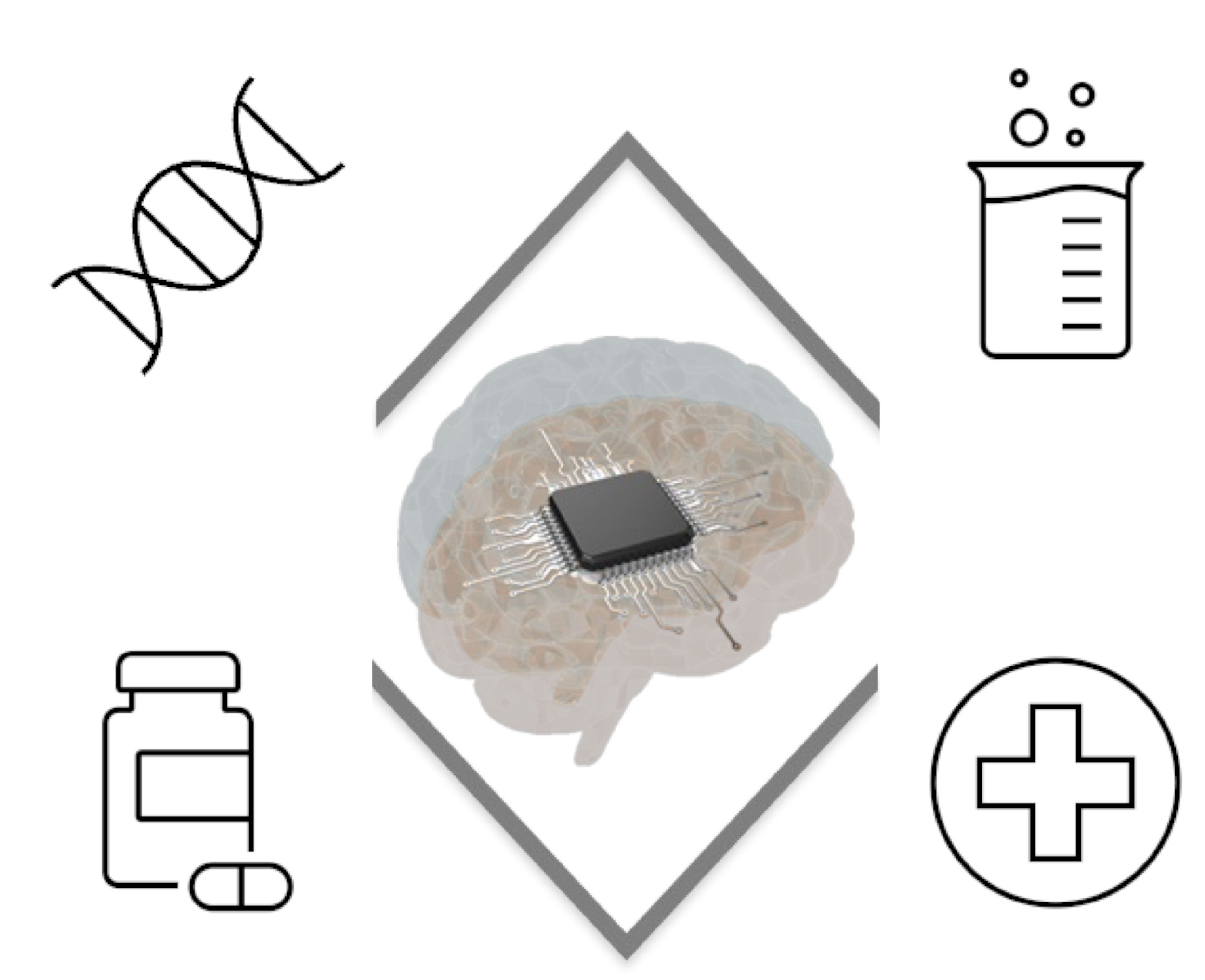
|
Artificial intelligence (AI) has recently made a breakthrough in drug discovery, significantly accelerating the design and development of structurally novel biologically active compounds. This project aims at developing and applying AI-powered, workflows and decision support tools to provide deeper insights into structural, chemical, biological and clinical information reported into public repositories and to more efficiently exploit them for de novo drug design, repositioning and polypharmacology. |
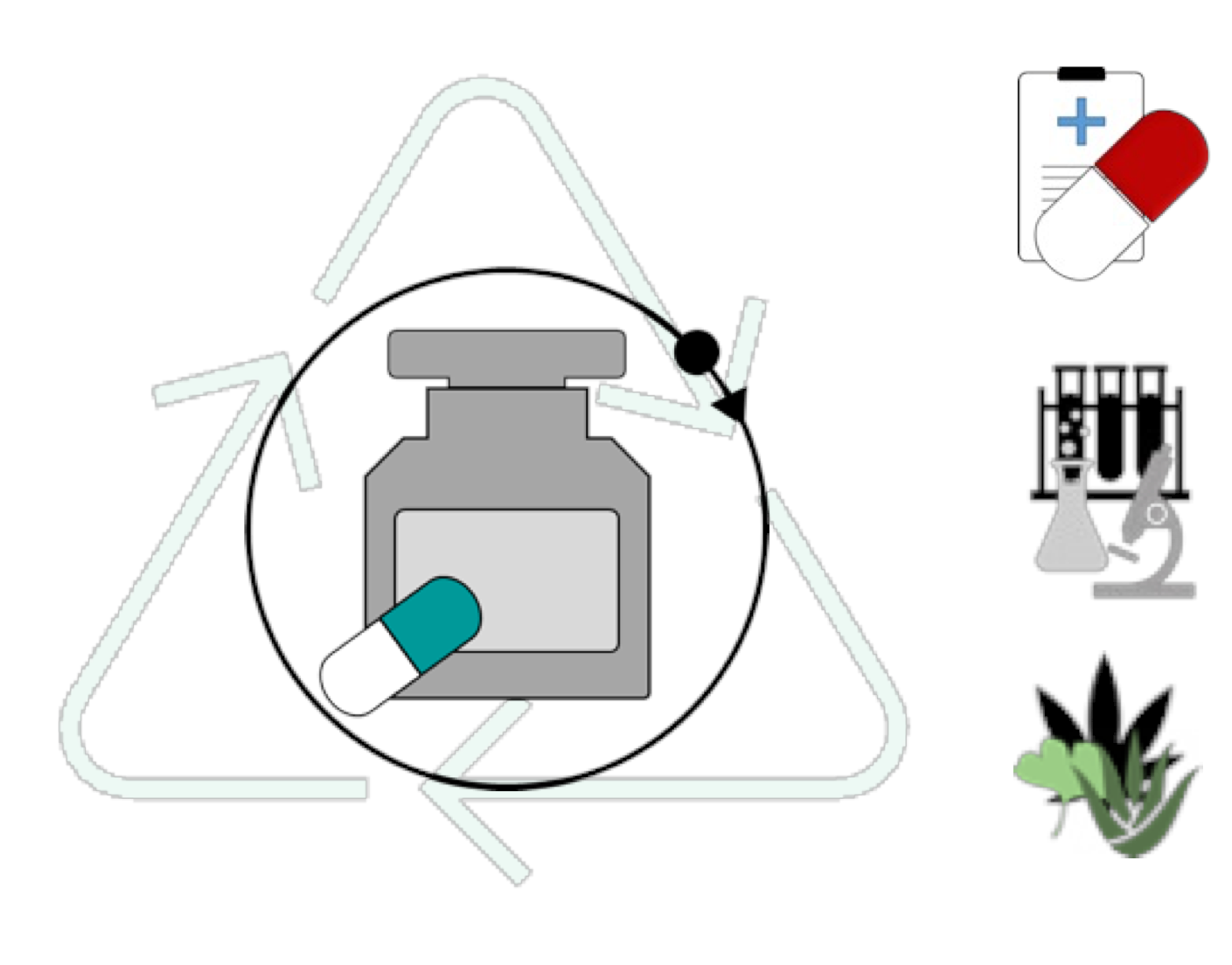
|
Drug repurposing or repositioning helps identifying novel targets and therapeutic applications to already known molecules, such as drugs, clinical and pre-clinical candidates as well as natural products. To this aim, we develop and apply in silico workflows integrating machine learning, ligand-based and structure-based methods, and chemoinformatics in search of novel possible therapeutic applications. All activities are accompanied by experimental testing and optimization studies . |
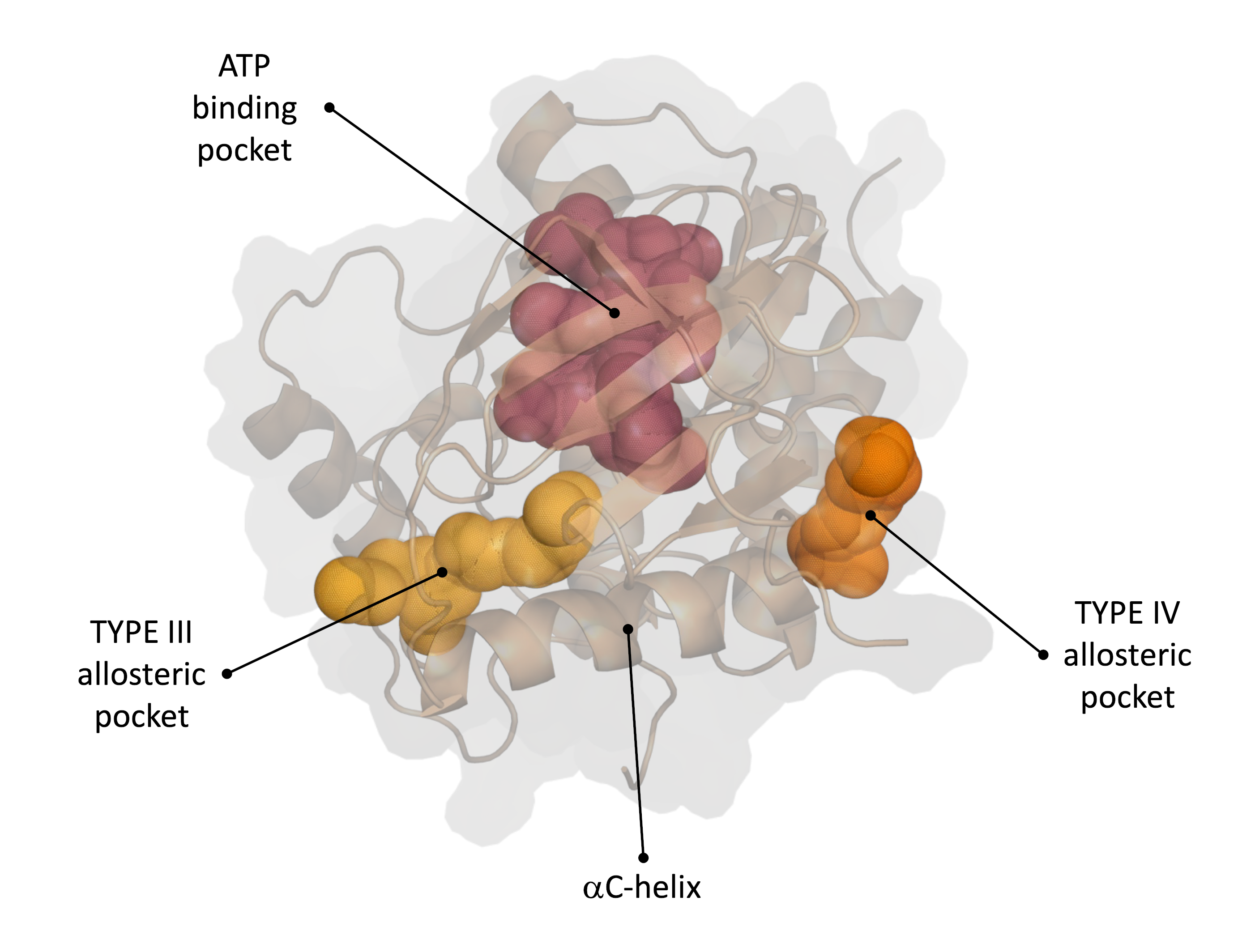
|
This project aims at discovering allosteric inhibitors that bind in proximity to the a-C helix of protein kinases and stabilize the inactive conformation. Allosteric inhibitors are potentially less prone to selectivity and drug resistance issues with respect to ATP-competitive inhibitors. This project received support through an investigator grant from AIRC (Fondazione AIRC per la Ricerca sul Cancro) . |
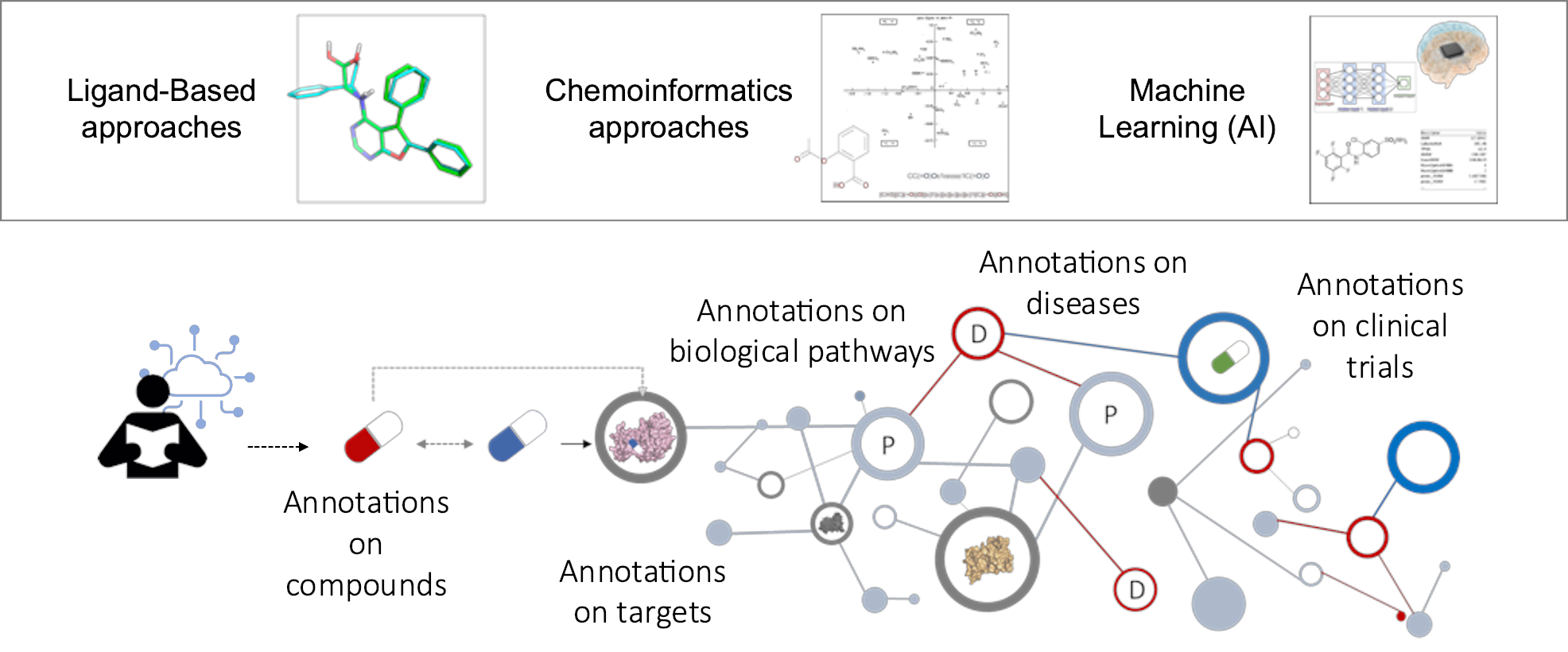
| We are developing in-house computational platforms to facilitate repositioning and polypharmacology discovery campaigns. This project focuses on big data analysis, the development of machine learning approaches, and their integration into webservers and innovative platforms facilitating drug discovery projects. We have recently developed LigAdvisor (https://ligadvisor.unimore.it/), a versatile and user-friendly platform to assist de novo drug design, repositioning and polypharmacology. |
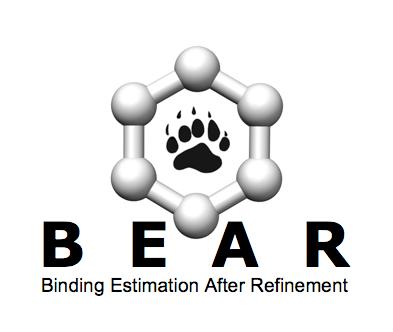
|
The MMDDLab has developed BEAR (Binding Estimation After Refinement), an automated post-docking procedure that integrates structural refinement of docking poses with molecular dynamics and re-ranking of ligands with more accurate scoring functions such as MM-PBSA and MM-GBSA. We are continuously validating and improving BEAR and exploiting it in virtual screening campaigns. |